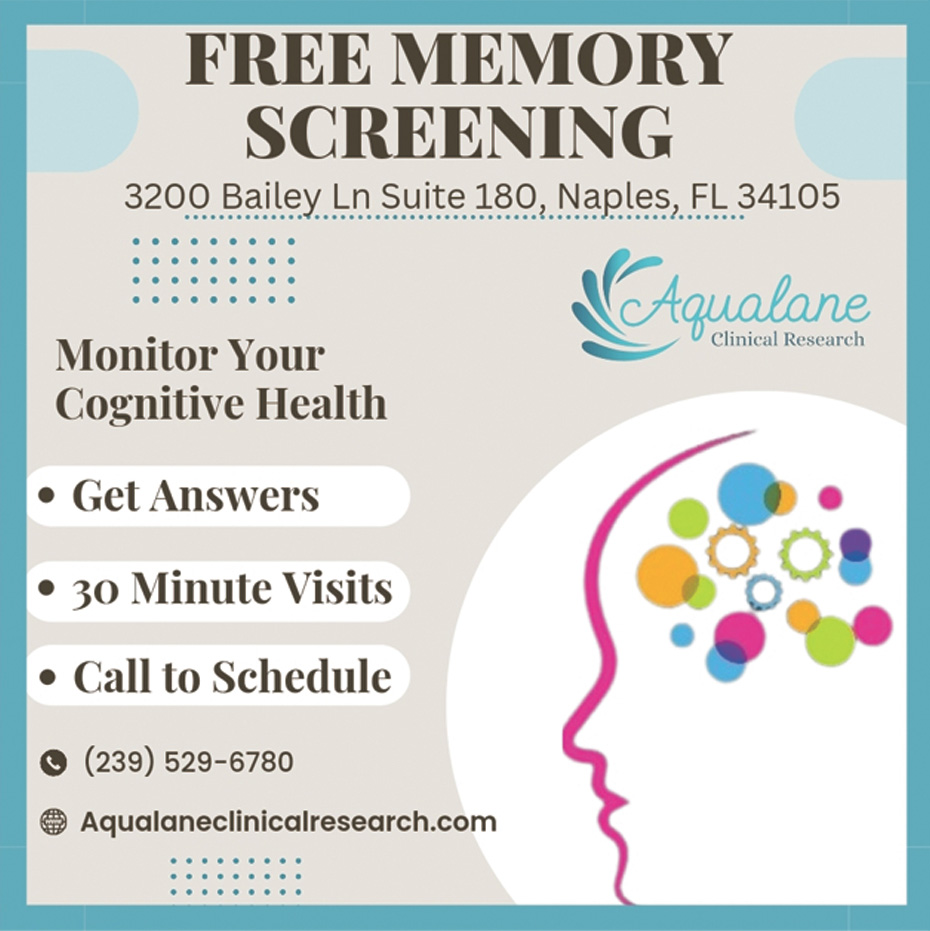In the landscape of modern healthcare, few challenges are as complex and emotionally charged as Alzheimer’s disease. As our population ages and medical research advances, a critical paradigm shift is emerging: the importance of early detection and intervention in managing this devastating neurological condition. Just as mammograms and colonoscopies have become standard preventive cancer screening tools, memory screenings should be viewed as an equally essential component of comprehensive healthcare.

The traditional approach to Alzheimer’s has been reactive, typically addressing the disease only after significant cognitive decline has occurred. However, groundbreaking research is rapidly changing this perspective. Scientists and medical professionals are now understanding that the most effective strategy lies in identifying and addressing the disease’s earliest indicators, potentially years before noticeable symptoms manifest.
Recent advances in clinical research, particularly through initiatives like those at Aqualane Clinical Research, are paving the way for transformative approaches to Alzheimer’s management. The focus is shifting from treatment to prevention, with cutting-edge research developing targeted interventions that can potentially halt or significantly slow the disease’s progression before irreversible brain damage occurs.
The Critical Window of Early Intervention
Memory screenings should be approached with the same regularity and importance as other critical health screenings. Just as it is routine to have regular preventative care screening at specific age milestones, for a myriad health conditions comprehensive memory assessments should become a standard part of routine healthcare, particularly for individuals over 50.
Early detection offers multiple significant advantages:
1. Cognitive Preservation: By identifying subtle changes in memory and cognitive function early, medical professionals can implement strategies to slow cognitive decline. This might include targeted therapies, lifestyle modifications, and early pharmaceutical interventions designed to protect neural pathways.
2. Treatment Optimization: Early diagnosis provides patients and their families more time to plan, make informed medical decisions, and explore emerging treatment options. It allows for a proactive approach to managing the disease rather than a reactive one.
3. Lifestyle and Preventative Strategies: Identifying risk factors early enables individuals to make meaningful lifestyle changes. This can include targeted nutrition plans, cognitive exercises, physical activity regimens, and stress management techniques specifically designed to support brain health.
The Emerging Landscape of Alzheimer’s Research
The medical community is experiencing a renaissance in Alzheimer’s research. Advanced neuroimaging techniques, genetic testing, and sophisticated biomarker analyses are providing unprecedented insights into the disease’s early stages. Researchers are developing innovative diagnostic tools that can detect microscopic changes in the brain years before traditional symptoms emerge.
Pharmaceutical research is equally promising. Multiple clinical trials are exploring treatments that can target the underlying mechanisms of Alzheimer’s, focusing on reducing beta-amyloid plaques, preventing tau protein tangles, and supporting neural plasticity. These potential treatments represent a beacon of hope for millions affected by the disease.
A Call for Proactive Healthcare
Transforming how we approach Alzheimer’s requires a collective effort. Healthcare providers must integrate comprehensive memory screenings into routine medical care. Individuals must become advocates for their cognitive health, requesting these screenings and understanding their importance.
Insurance providers and healthcare policy makers need to recognize memory screenings as a critical preventative measure, ensuring they are accessible and affordable for all populations. At Aqualane Clinical Research, there is no cost to the individual, so the memory screenings are completely free. Contact our office to make an appointment.
Conclusion
The future of Alzheimer’s management lies not in treating advanced stages of the disease, but in identifying and intervening at the earliest possible moment. By treating memory screenings as you do regular preventative care like cholesterol and diabetes tests, we can potentially transform the trajectory of this challenging neurological condition.
Early detection is not just a medical strategy—it’s a lifeline of hope, offering the possibility of preserving cognitive function and quality of life for millions of individuals worldwide.
Aqualane Clinical Research is a comprehensive clinical research group focusing on advancing medical therapies in a wide array of human disease states. We provide patients with the opportunity to participate in the discovery of treatments where none currently exist or where there is an unmet need for safety and more effectiveness. By collaborating with our patients, their care partners, and sponsors in the industry, we focus on the safe and ethical study of these emerging therapies.
239-529-6780
3200 Bailey Lane • Suite 250 • Naples, FL 34105
www.aqualaneresearch.com









